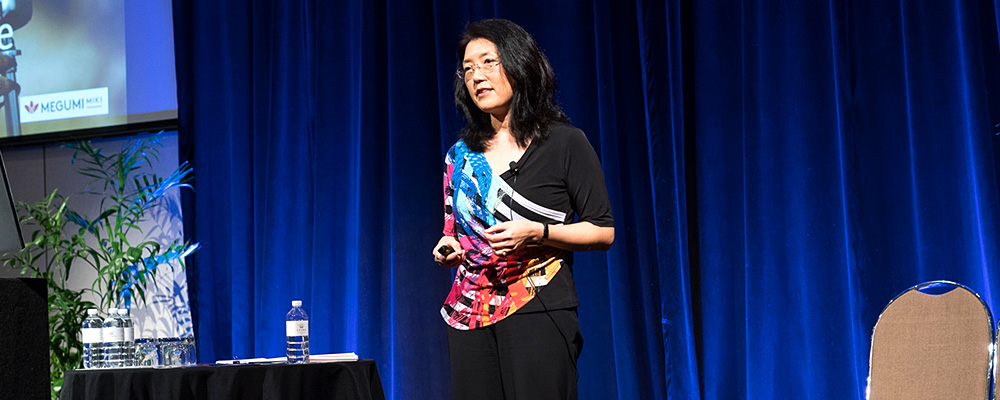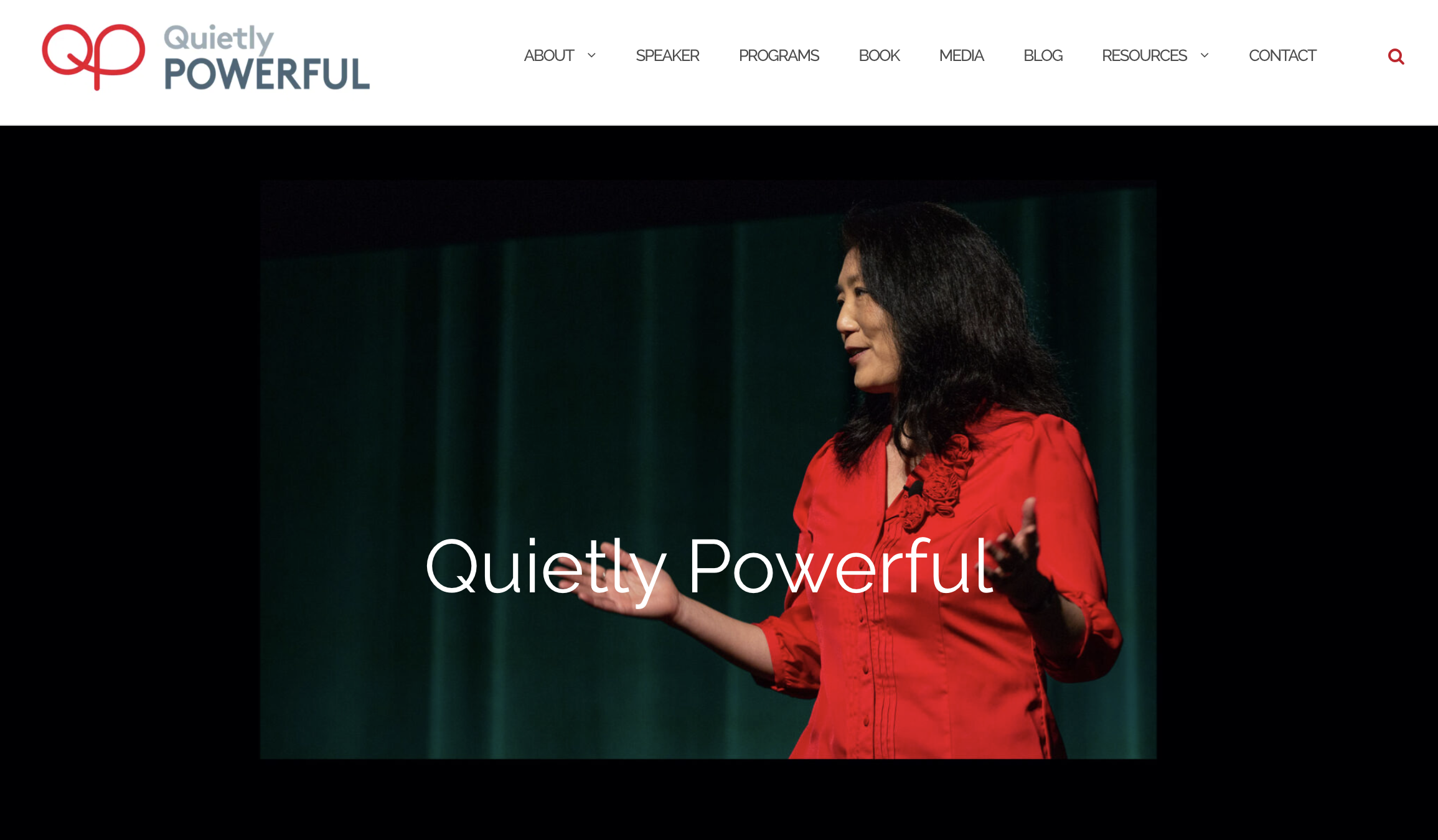My Blog
How would people rate your performance conversations?
- Details
- Posted: 02 July 2015
So we just finished FY2015 (at least in Australia). Many of us in organisations may have just had, are about to have or are preparing for performance conversations. Whatever performance management system our organisation has, as leaders, the conversation we have is the piece we can control. While old performance management systems can be an issue, there have been and always will be leaders who are able to lift performance of team members regardless of the system in which they operate.
Building on a previous post “Stop blaming individuals for poor performance”, one significant contributor to a team member’s performance is how we, as leaders, conduct performance conversations. It becomes critically important when there are performance and/or behaviour issues in the team, as it is costly to the organisation, the team, the leader and the individual.
If we focused on the more ‘difficult’ performance conversations… and we had people rate our performance conversations as leaders, what rating would we get?
The purpose of performance conversation is to achieve sustained performance and growth. Have our performance conversations – formal and informal conversations – achieved that?
Here is one way to assess these performance conversations:
1 (lowest rating): People are UNAWARE – People are surprised to hear about any issues or they still don’t really understand it.
2: People are UNWILLING – People are defensive or resistant to the issues being addressed, they’re not clear or willing to do anything about it.
3: People are COMPLIANT – People don’t fully accept that there is an issue but will do just enough to keep the leader off their back.
4: People are ACCEPTING – People accept that there is an issue and will address it with support.
5 (highest rating): People feel ACCOUNTABLE – People feel accountable for addressing the issue as they understand what it is and its impact.
You can probably imagine the effort, time and energy it will take to address issues after this conversation, depending on which outcome we’ve achieved.
Of course, different individuals will react to feedback in different ways. Some tend to resist, others tend to accept more willingly. But as I’ve mentioned in previous posts, social psychologists say that only 30% of behaviours are explained by individual traits. 70% is explained by the environment – in this instance, the conversations you have has a lot to do with how people respond.
For more ideas, including common mistakes made by leaders in addressing issues, please see my latest white paper “Step Up: Address performance and behaviour issues before they turn sour”.


